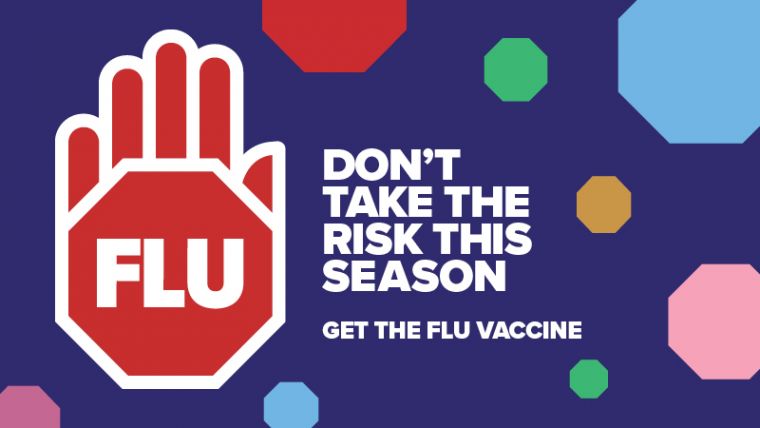
Vaccination against influenza (flu) remains important this year. Flu is a highly contagious viral infection that can cause widespread illness and deaths every year. Vaccination is our best defence against flu viruses.
Behaviours such as increased hand washing and social distancing helped to stop the spread of flu viruses in the community last year. Relaxing social distancing restrictions this year may allow flu viruses to recirculate, even if they were hardly seen in 2020.
Who should get a flu vaccine?
Vaccination experts recommend flu vaccination for all people aged 6 months and over.
Who is eligible for a free flu vaccine?
Under the National Immunisation Program, free flu vaccines are provided to the following groups who are at higher risk of complications from flu:
- children aged 6 months to less than 5 years
- all Aboriginal and Torres Strait Islander people aged 6 months and over
- people aged 6 months and over with certain medical conditions that increase their chance of severe influenza and its complications
- pregnant women (at any stage during pregnancy)
- people aged 65 years and over.
When will flu vaccines be available?
Free flu vaccines under the National Immunisation Program will become available in April 2021. Vaccinating in autumn provides protection before the peak influenza season.
Free flu vaccines will be available from GPs, community health clinics, Aboriginal Medical Services and other immunisation providers in your state or territory. To locate a service in your area you can search the National Health Services Directory.
Check with your immunisation provider to find out when they will have the vaccine available and when you can book in to get the vaccine.
If you are not eligible for a free flu vaccine, you can purchase the vaccine from your GP, a pharmacy, or another immunisation provider.
Can I get a flu vaccine at the same time as a COVID-19 vaccine?
Vaccination experts recommend waiting 14 days between getting a flu vaccine and a COVID-19 vaccine. Given this, it will be important to plan both vaccinations.
It doesn't matter in what order you get the vaccines. However:
- if you are in earlier phases for COVID-19 vaccination, you should get the COVID-19 vaccine as soon you can. You can then plan your flu vaccination.
- if you are in later phases for COVID-19 vaccination, you should get the flu vaccine as soon as you can. This will ensure you are ready to get your COVID‑19 vaccine when it is available to you.
You can check what phase you are in using the COVID-19 Vaccine Eligibility Checker.
When you book in for your flu vaccination, remember to tell your vaccination provider or clinic if you have received the COVID-19 vaccine (and when you received it). This will help them to plan your appointment.
The Australian Immunisation Register
The Australian Immunisation Register records vaccines given to all people in Australia.






